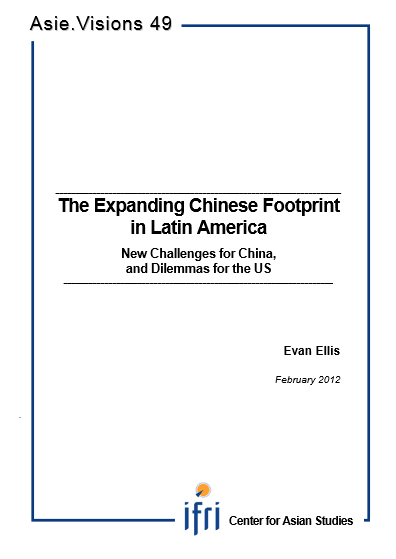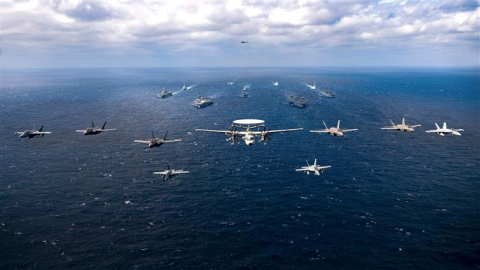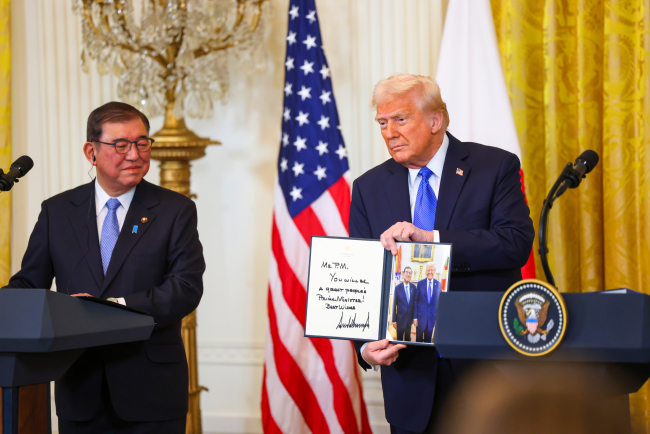The Expanding Chinese Footprint in Latin America: New Challenges for China, and Dilemmas for the US

The physical presence of China in Latin America is entering a phase of significant expansion, as the logical consequence of the rapid growth over the past decade of its trade, investment, and infrastructure for doing business in the region.
The new Chinese physical presence in Latin America is focused in five areas, each with its own dynamics and consequences:
- (1) leaders visits, business delegations, students and other official groups,
- (2) construction and infrastructure projects,
- (3) extractive industry investments and associated service companies,
- (4) retail and manufacturing, and
- (5) tourism.
The growing Chinese physical presence will generate challenges which will make it increasingly difficult for the PRC to maintain, in fact, its policy of non-interference in the internal politics of the region.
The PRC is likely to employ its growing understanding of, and sources of leverage in Latin America to protect its increasingly important interests in the region, while simultaneously attempting to avoid that its actions to defend its interests are seen in threatening terms by the United States or other strategically important partners.

Available in:
Regions and themes
ISBN / ISSN
Share
Download the full analysis
This page contains only a summary of our work. If you would like to have access to all the information from our research on the subject, you can download the full version in PDF format.
The Expanding Chinese Footprint in Latin America: New Challenges for China, and Dilemmas for the US
Related centers and programs
Discover our other research centers and programsFind out more
Discover all our analysesExpanding SPDMM as a pivotal institution in the Pacific – A French perspective
The South Pacific Defence Ministers’ Meeting (SPDMM) is the only forum that brings together defense ministers from the wider South Pacific — including Chile, which is hosting it for the first time. This heterogeneous group of countries with varying resources, capacities, and interests — Australia, Chile, Fiji, France, New Zealand, Papua New Guinea (PNG), and Tonga — are united by their shared determination to strengthen cooperation on maritime security and humanitarian assistance and disaster relief (HADR) activities.
EU’s Derisking From China: A Daunting Task
With economic security as a major concern, the EU has recently turned to “derisking” from China. The EU strategy entails reducing critical dependencies and vulnerabilities, including in EU supply chains, and diversifying where necessary, while recognizing the importance and need to maintain open channels of communication.
Sri Lanka’s NPP Government. From System Change to Structural Compliance
In September 2024, a relative outsider to Sri Lanka’s two-party-dominated political system, Anura Kumara Dissanayake, won the presidential elections. The anti-establishment, populist movement he represented, the National People’s Power (NPP), went on to receive an overwhelming mandate in the November 2024 general elections, winning 159 seats in a 225-member parliament.
Japan Under Trump: Alliance Strains, the Push for Autonomy and Essential Partnerships
Japan is under pressure from the United States (US) on punitive tariffs and demands for increased defence spending. This has sparked deep concern over US credibility and triggered growing domestic calls for greater autonomy.













